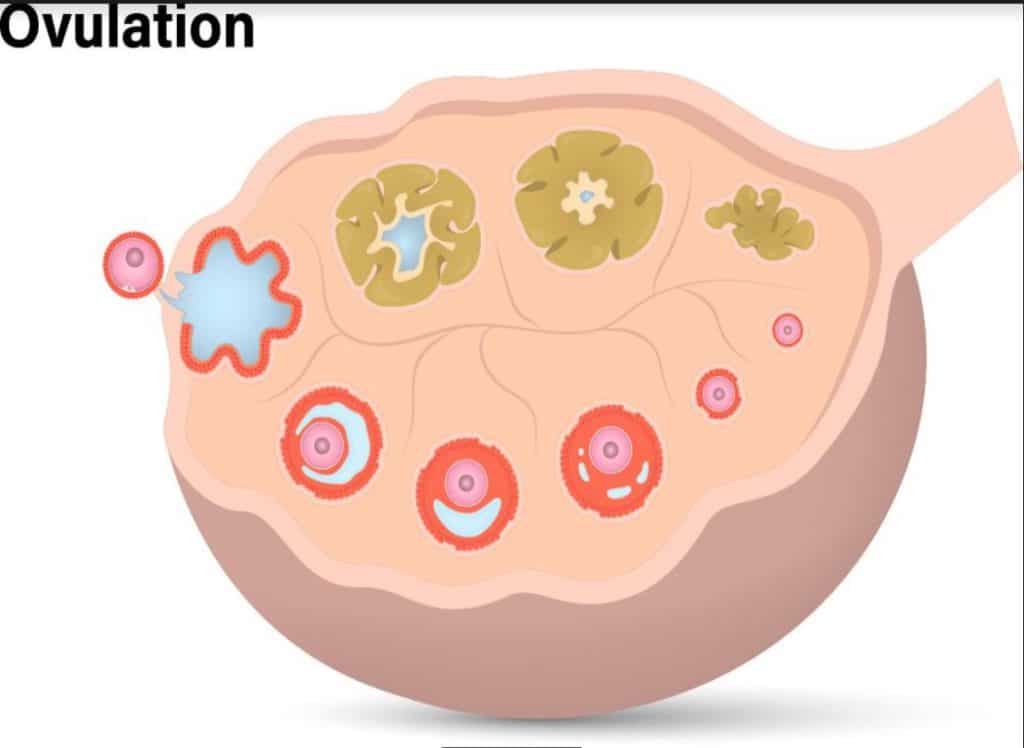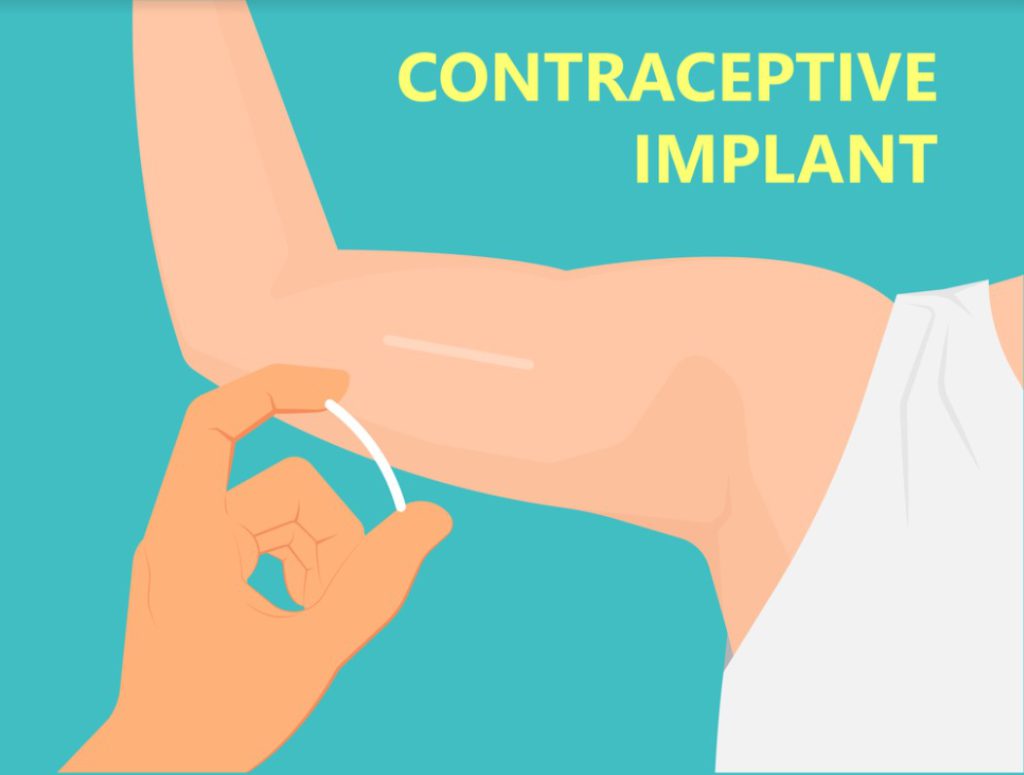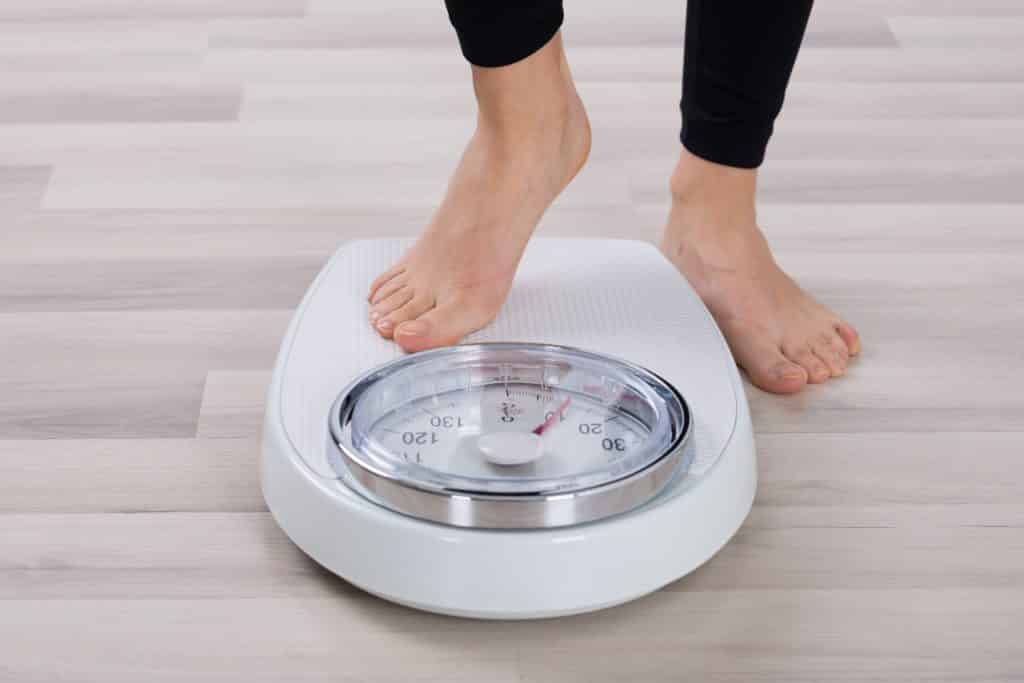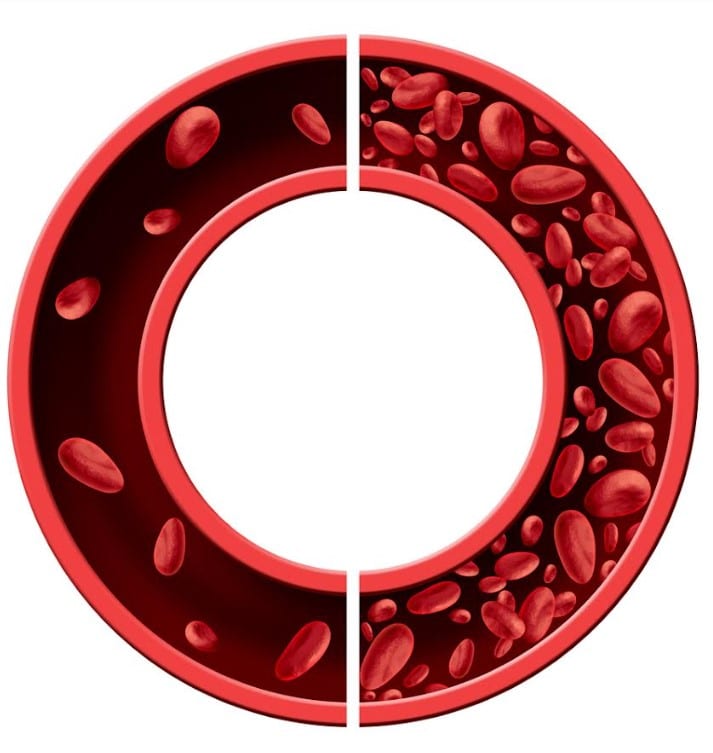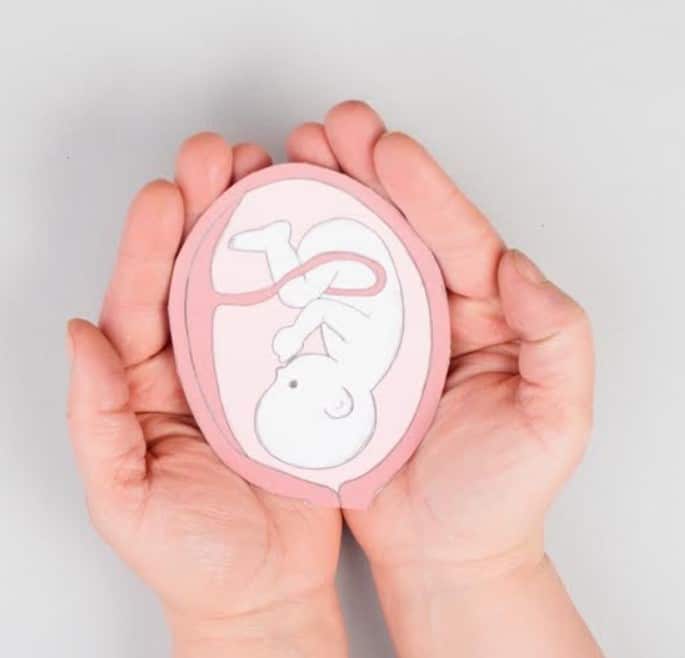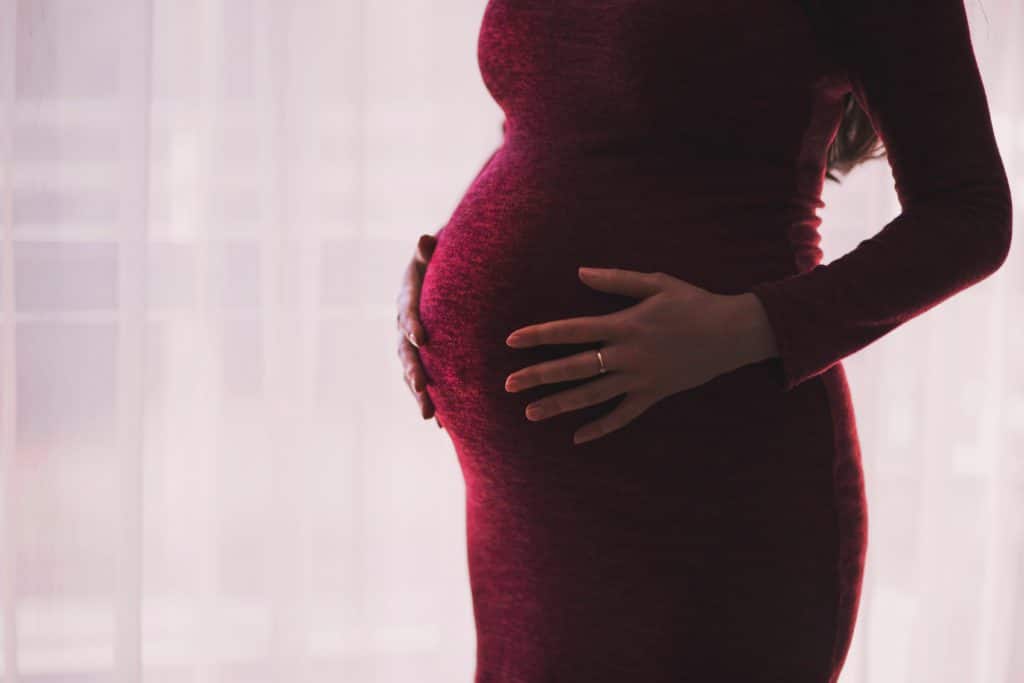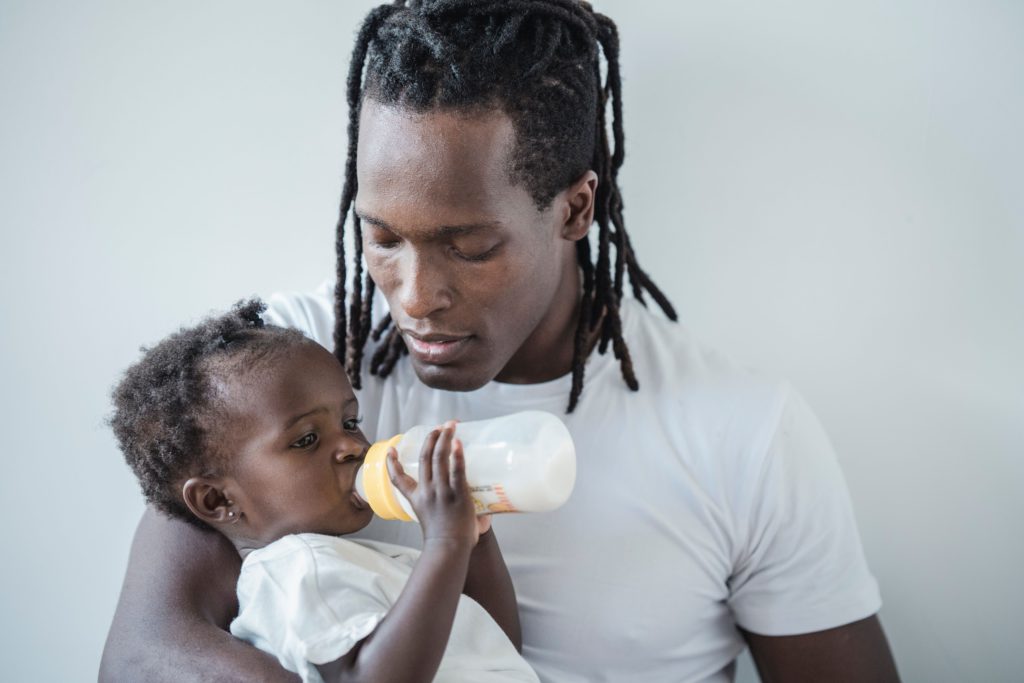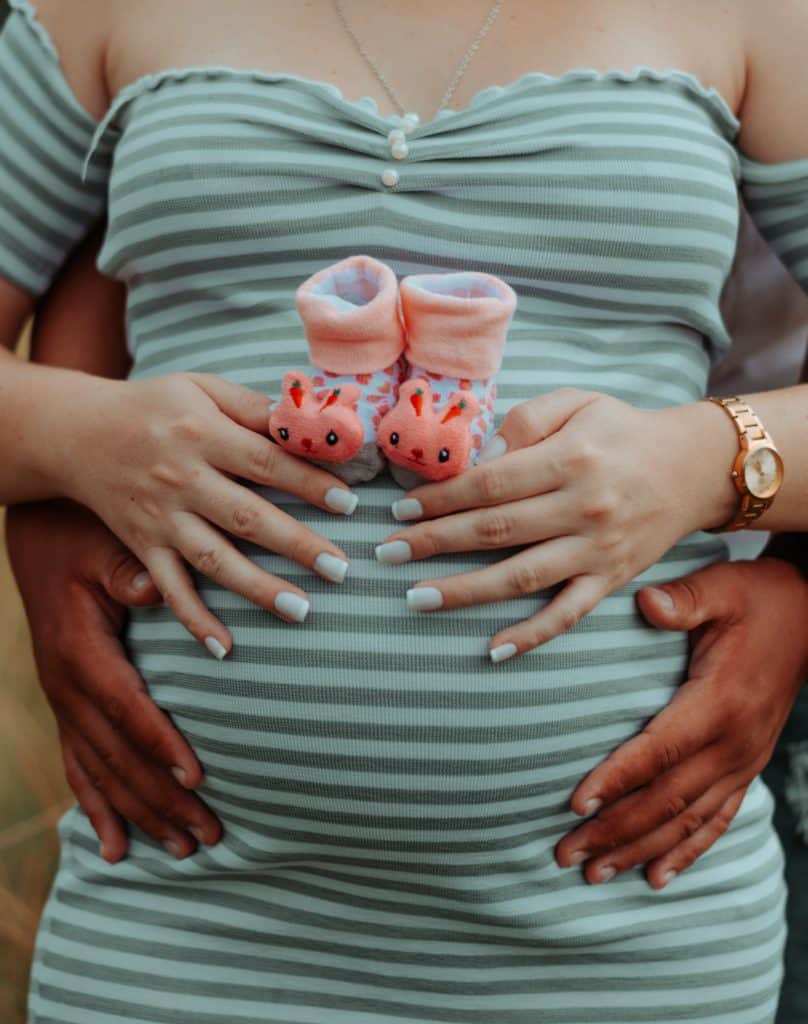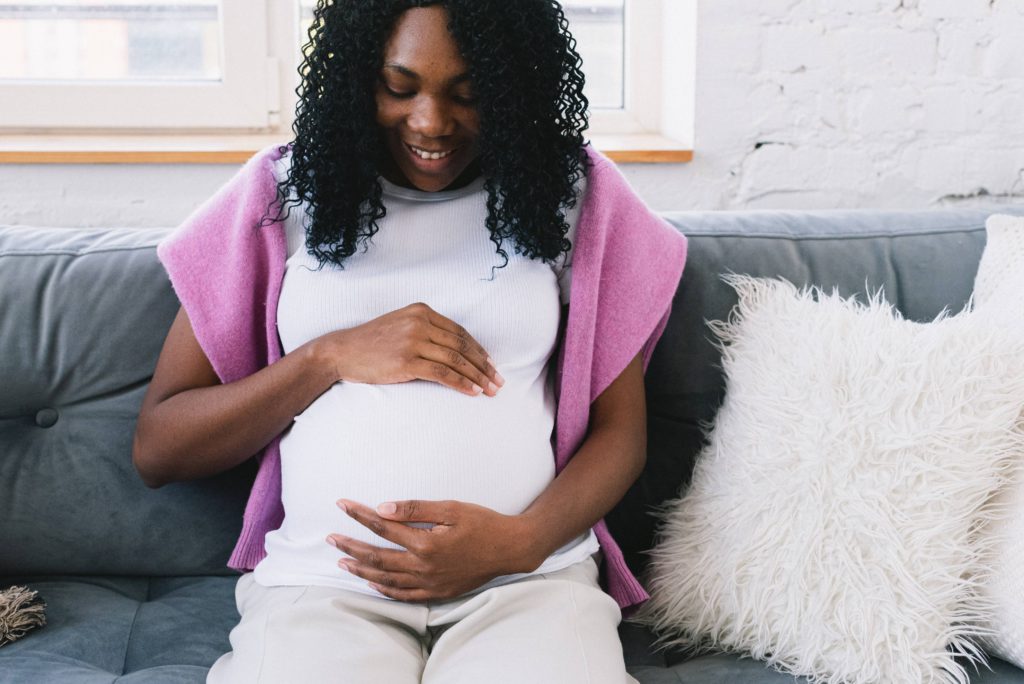Your first period after pregnancy is also referred to as the “Postpartum Period.” It is not to be confused with Lochia, although they are similar.

Lochia is heavy bleeding from the vagina following childbirth. It typically starts bright red and frequently contains many blood clots. The flow will be heavy for three to ten days after delivery, followed by light bleeding that can last for a month or more.
Lochia is not a period but an indication that the body is still healing from childbirth, as the uterus sheds the lining that supports the pregnancy.
After healing, the bleeding stops until it is time for your regular period cycle to resume. How long will this take? What should you expect from your first period after pregnancy? Read on to find out!
When Should You Be Expecting Your First Period After Pregnancy?
Your periods will resume at your body’s own pace after birth. However, when you get your first period after childbirth is determined by many factors. One of them is whether or not you are breastfeeding.
If you are not breastfeeding, your period is expected to return to six to eight weeks after giving birth.

On the other hand, breastfeeding parents do not often see their periods again until they stop nursing. If they however happen to stop breastfeeding for an extended time, they may have their periods.
Parents who bottle-feed or make use of a combination of breastfeeding and bottle-feeding may begin to see their periods as early as five weeks after giving birth.
What Will Your First Period After Pregnancy Be Like?
After you have a baby, your menstrual cycle may change. You may experience cramps that are worse or better than before you were pregnant. Your flow may also experience irregular, heavier or unpredictable period lengths and little blood clots in your periods.
Doctors strongly recommend getting medical attention if you have significantly more blood loss than before or have blood clots in your period for more than a week.
Does Your Period Affect Breastfeeding?
If you see your period, your menstrual cycle may have an impact on the amount of milk you produce. This is because the hormonal changes that induce your period may also affect your breast milk.

Your milk production may be decreased between ovulation and the start of your period. Experts advise adding calcium and magnesium to your diet to ensure a consistent flow of breast milk throughout your entire cycle. Your period might also change the taste of your breast milk.
If your infant fusses at your breast during your period, it could be an indication that it momentarily tastes different. You can speak with a lactation consultant, who is a health expert who specialises in breastfeeding if you have any questions or concerns regarding nursing.
Can You Get Pregnant Before Your First Period?
YES, YOU CAN! Even if your periods haven’t come back yet, you can be able to become pregnant as early as three weeks after childbirth.
This is because even if you do not see your period after giving birth, there’s a one to five per cent chance that you will still ovulate during this time making it possible for you to get pregnant. If you are not ready to have another child, consider birth control choices.
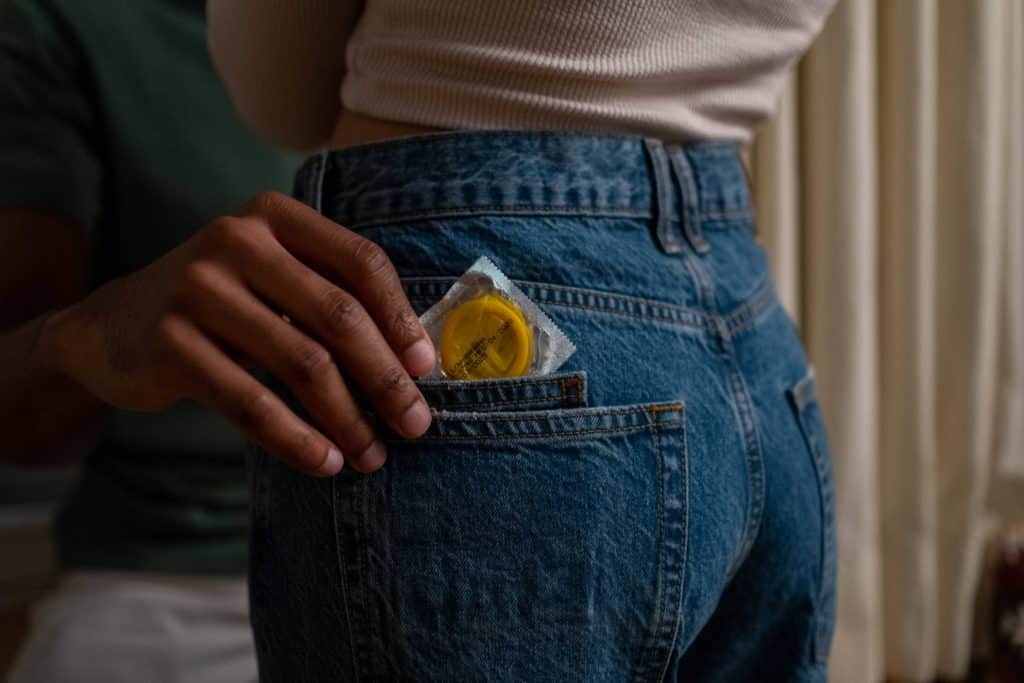
When Should You See a Doctor About Your Period?
A person should see a doctor immediately if they are/have:
- Bleeding followed by a fever
- Severe cramping
- Intense bleeding that soaks through more than a pad per hour for longer than 2 hours
- Heavy flow, pain, and spotting
- Clots larger than a quarter
- An absence of their period three months after they have given birth or stopped breastfeeding.
Life after childbirth might be a lot different from the life you already know, but knowing what to expect and being able to prepare for it makes it easier and much more enjoyable. So prepare and enjoy the ride together with your new bundle of happiness!

